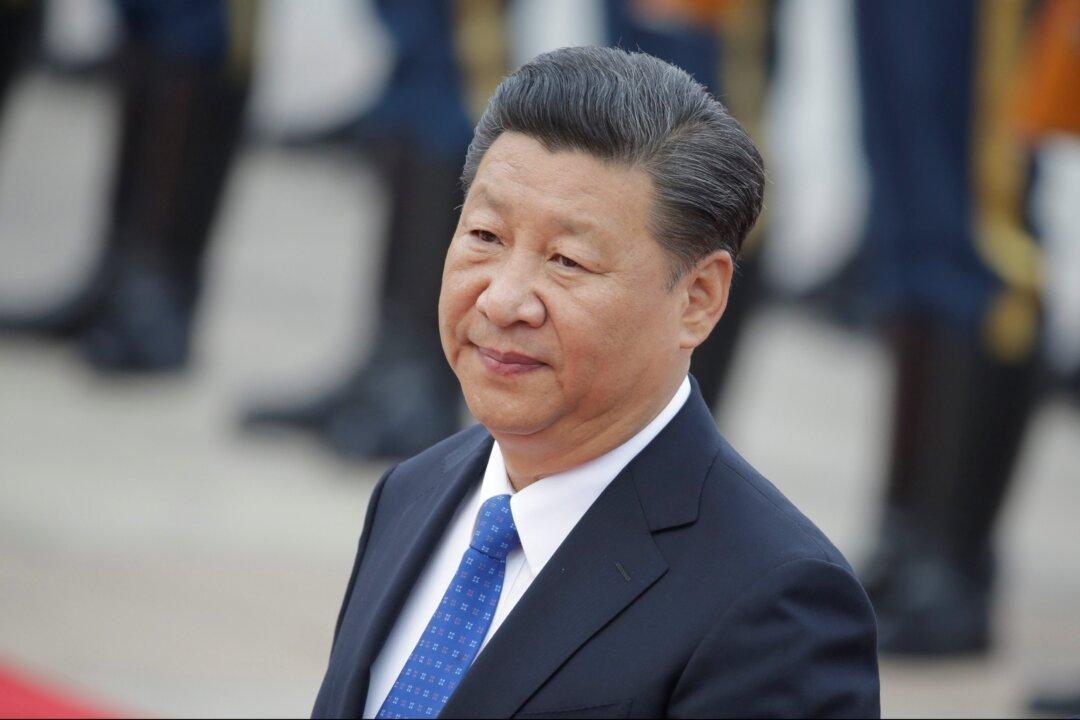BEIJING—Chinese leader Xi Jinping visited Wuhan, the epicenter of the coronavirus outbreak, on March 10, marking the first time he has done so since the epidemic began late last year.
During his trip to Wuhan, he will “visit and express regards to medical workers, military officers and soldiers, community workers, police officers, officials, and volunteers who have been fighting the epidemic on the front line, as well as patients and residents during the inspection,” state news agency Xinhua said.





